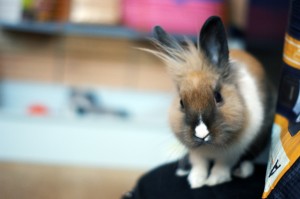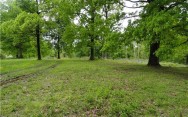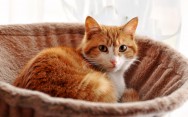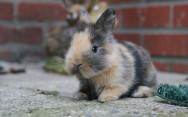small animal facts
rabbits
All grass hays like Timothy, Orchard grass, Bermuda, Fescue or Oat hay are the best choice for your bunny. Avoid Alfalfa hay for adult rabbits.
Bunnies actually prefer drinking water from a bowl – not a bottle. Provide two heavy bottom bowls to your bunny, one for food and one for water.
Because rabbits’ teeth never stop growing they need and should be able to chew on something safe at all times. Unpainted, natural wood pieces, willow and wicker baskets, grapevine twigs or dead/aged sticks from your yard make great chew toys. Even old phone books!
Check out this comprehension “Bunny Packet” produced by the Nashville Bunny Rescue: http://www.bunnyrescue.net/BunnyBasics07.pdf
Guinea Pigs
Guinea Pigs are fun and relatively low-maintenance pets.
All guinea pigs need:
- Solid-bottom cage (minimum 24x12x12)
- Water bottle
- Food bowl
- Hay rack
- A hide house (store bought or a small/medium size flower pot)
- Chew toys
- Aspen, pine, or recycled paper bedding (NO CEDAR)
- Timothy hay, orchard grass, or oat grass
Feeding
Hay should make up the majority of your Guinea Pig’s daily diet. Offering a variety of hay types, including timothy hay, orchard grass and oat grass, will help keep your pet healthy. Place your Guinea Pig’s hay in a hay rack. Never place food directly on top of cage bedding–you don’t want your pig to ingest bedding. Refresh the hay daily, keeping the bowl approximately 3/4 full. Every other day you can offer fresh vegetables (to make up 20% of diet), including dark, leafy greens like kale and collard greens as well as vegetables like zucchini, shredded carrots. Remove all food that cannot be consumed within four hours.
Guinea Pigs cannot store or manufacture their own vitamin C, so incorporate a daily vitamin C food or water supplement into your Guinea Pig’s diet (PetSmart carries pelleted food with vitamin C supplements).
Only offer an amount that can be consumed in four hours to prevent spoilage.
Cage Maintenance
Food and water bowls and bottles should be cleaned out daily. Remove stale food daily in order to keep your pet clean and healthy.
Playing/Grooming
Provide daily exercise to promote good health and good behavior. You can set up a wire playpen in a safe area of your home (away from outlets and electrical cords) to give your Guinea Pig more exercise and stimulation. Never leave your pet unsupervised outside of the cage. Long-haired Guinea Pigs should be brushed daily to avoid mats and knots.
Courtesy of PetSmart.com.
Hamsters
Hamsters can live in a wire habitat with a solid bottom or a glass aquarium with a well-ventilated wire mesh top. Don’t choose a plastic aquarium because Hamsters can easily chew through them and escape. Line your Hamster’s habitat with 1 to 2 inches of clean aspen, pine or recycled paper bedding. All habitats should have an opening that’s large enough to fit your hand through.
All hamsters should have:
- Well ventilated home (minimum size 12x12x12″ with wire spacing no more than 1/2″ apart)
- Water bottle
- Heavy food bowl (can be attachable to the habitat)
- Exercise wheel
- Hide house or tunnel
- Chew toys
- Nesting material and bedding (avoid cedar which can be toxic)
- Timothy hay, orchard grass, brome hay, botanical hay, or oat hay
- A secluded living area away from other pets, drafts, and aloud noises
In addition to your Hamster’s daily diet of pellets and vegetables you can feed fruit, including papaya, banana, and mango, once a week (5 percent of diet). Your Hamster’s teeth never stop growing so providing hard, crunchy treats offers not only a yummy surprise for him but also helps keep his teeth trimmed.
Courtesy of PetSmart.com.
All Small Animals
Use Plain White Vinegar for all clean up – the natural enzyme in vinegar dissolves urine/feces and removes any odor or stain. Buy it by the gallon and use in spray bottles, to mop with, & pour in bottom of litter box to soak out any stains once a month. Spot treat any stain on carpet. It is your “Magic Wand” for clean up! Harsh chemicals can be hazardous to the health of small animals, large animals, and humans!

















Follow Us